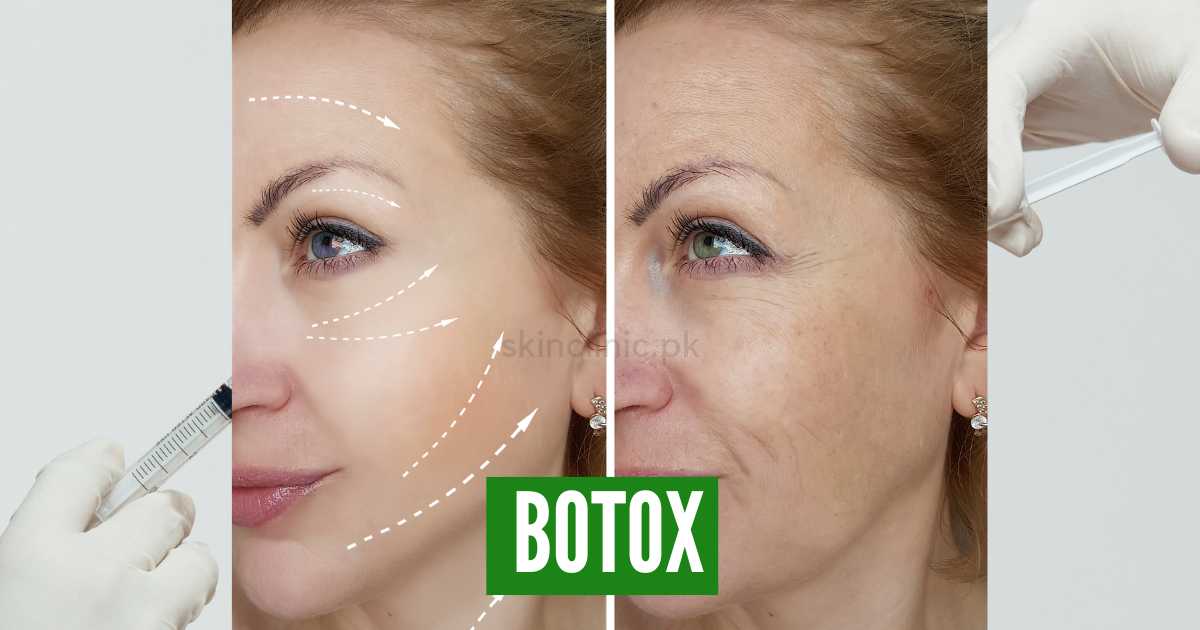While skincare is crucial for everyone, individuals with specific skin concerns such as eczema, rosacea, and psoriasis require extra attention and care. These conditions can have a significant impact on the health and appearance of the skin, causing discomfort and self-consciousness. However, with the right knowledge and a personalized skincare approach, it is possible to effectively manage these conditions and find relief. In this blog post, we will explore the world of eczema, rosacea, and psoriasis, discussing their causes, symptoms, and providing practical skincare tips to help you nurture your skin and regain confidence.
Understanding Eczema, Rosacea, and Psoriasis:
Eczema:
Eczema, or atopic dermatitis, is a chronic skin condition characterized by dry, itchy, and inflamed patches. While it often starts in childhood, it can persist into adulthood. Common triggers include allergens, irritants, stress, and changes in temperature or humidity.

Rosacea:
Rosacea is a prevalent skin condition that primarily affects the face, causing redness, visible blood vessels, and occasionally small bumps or pimples. Triggers can include sun exposure, spicy foods, alcohol, stress, and certain skincare products.

Psoriasis:
Psoriasis is an autoimmune disease that leads to the rapid buildup of skin cells, resulting in thick, red, scaly patches. It can appear anywhere on the body and is often accompanied by itching and discomfort. Triggers for psoriasis may include stress, infections, certain medications, and changes in weather.

Skincare Tips for Managing Special Skin Concerns:
- Gentle Cleansing: Opt for mild, fragrance-free cleansers specifically formulated for sensitive skin. Avoid harsh scrubbing and hot water, as they can worsen symptoms. Instead, pat your skin dry with a towel to minimize irritation.
- Regular Moisturization: Hydration is crucial for managing these conditions. Use fragrance-free moisturizers that contain hydrating ingredients like hyaluronic acid or ceramides. Apply moisturizer immediately after bathing to lock in moisture.
- Sun Protection: Sun exposure can trigger flare-ups, so it’s important to protect your skin with a broad-spectrum sunscreen. Look for physical sunscreens containing zinc oxide or titanium dioxide, as they are gentle on sensitive skin.
- Identifying Triggers: Keeping a journal to track triggers that worsen your symptoms can be helpful. Certain foods, environmental factors, stress, or skincare products can be potential triggers. By identifying and avoiding these triggers, you can reduce the frequency and severity of flare-ups.
- Calming Ingredients: When selecting skincare products, prioritize those that contain soothing ingredients such as Aloe Vera, chamomile, green tea, or oatmeal. These can help alleviate redness and inflammation associated with Eczema, Rosacea, and Psoriasis.
- Patch Testing: Before incorporating new skincare products into your routine, perform a patch test on a small area of skin to ensure they do not trigger adverse reactions or worsen your condition.
- Consult a Dermatologist: If your symptoms persist or worsen despite your best efforts, it is important to seek professional advice from a dermatologist. They can provide personalized guidance and recommend treatment options tailored to your specific needs.
Conclusion:
Living with Eczema, Rosacea, or Psoriasis can be challenging, but with the right skincare approach and knowledge, you can effectively manage these conditions and improve the health and appearance of your skin. Consistency, gentle care, and awareness of triggers are key. Embrace a skincare routine that nurtures and protects your skin, and don’t hesitate to seek professional guidance when needed. With patience and a proactive attitude, you can regain control, comfort, and confidence in your skin journey.



